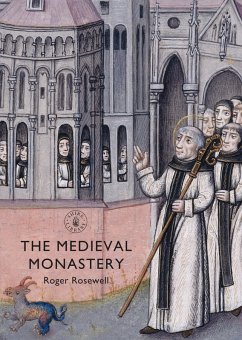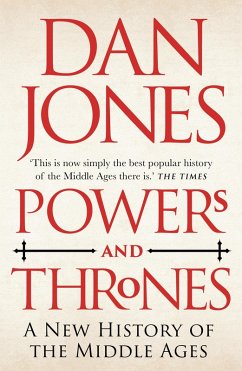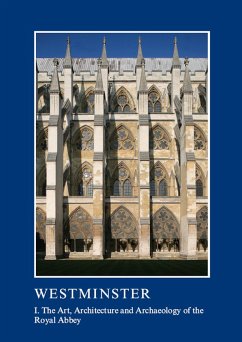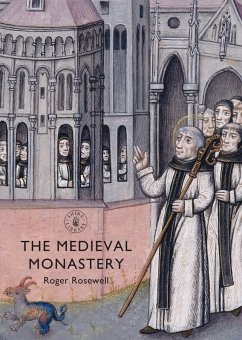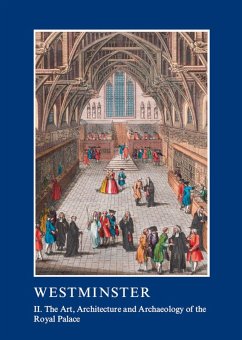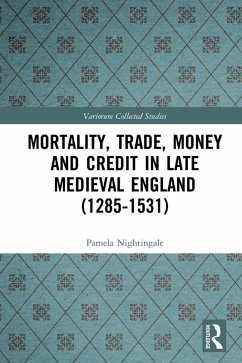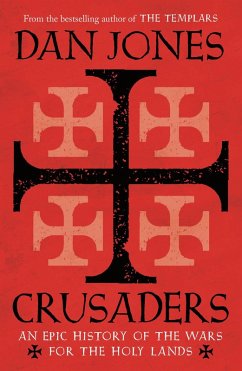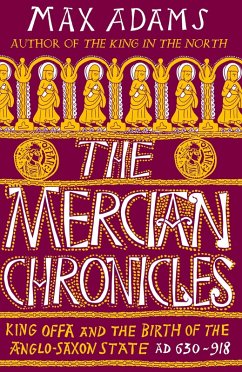
The Lost Chapel of Westminster (eBook, ePUB)
How a Royal Chapel Became the House of Commons
Versandkostenfrei!
Sofort per Download lieferbar
14,95 €
inkl. MwSt.
Weitere Ausgaben:

PAYBACK Punkte
7 °P sammeln!
The fascinating history of St Stephen's Chapel in the Palace of Westminster, a building at the heart of British life for over 700 years. Begun in 1292, the royal chapel of St Stephen was the crowning glory of the old palace of Westminster - a place of worship for kings and a showcase of the finest architecture, ritual and music the Plantagenets could muster. But in 1548, as the Protestant Reformation reached its height, St Stephen's was given a new purpose as the House of Commons. Burned out in the great palace fire of 1834, the Commons chamber was then recreated on a remarkably similar mediev...
The fascinating history of St Stephen's Chapel in the Palace of Westminster, a building at the heart of British life for over 700 years. Begun in 1292, the royal chapel of St Stephen was the crowning glory of the old palace of Westminster - a place of worship for kings and a showcase of the finest architecture, ritual and music the Plantagenets could muster. But in 1548, as the Protestant Reformation reached its height, St Stephen's was given a new purpose as the House of Commons. Burned out in the great palace fire of 1834, the Commons chamber was then recreated on a remarkably similar medieval design, perpetuating a way of doing politics that is recognisable to this day. St Stephen's has been part of many lives over the centuries, from the medieval masons who worked through the Black Death to complete the chapel, to the generations of MPs who locked horns in the Commons chamber. Threading together religion, politics, art, architecture and narrative history, John Cooper tells the story of the lost chapel, an iconic building that reflects the national transition from medieval divine-right monarchy to modern parliamentary democracy.




